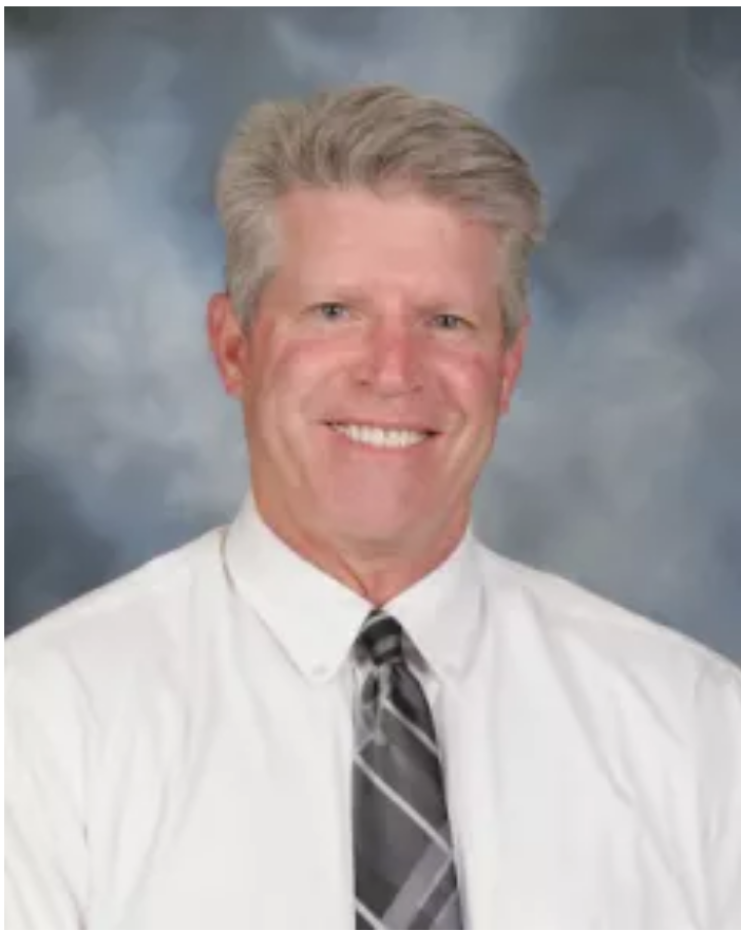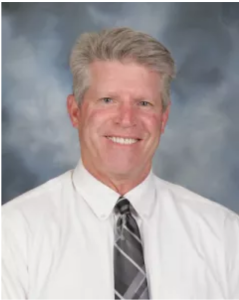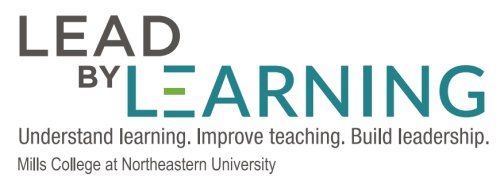
Old Dogs Can Be Taught New Tricks
I began the 22-23 school year late. My first day as a new Assistant Principal at Dublin High School began two weeks after the school year started. I knew that it was going to be a year of discovery and that there would be a steep learning curve, even though I have been in education for 34 years. Those 34 years had all been in Catholic schools, however, so I was excited, and feeling a great deal of trepidation, about beginning work at a public school.
I quickly began the work at hand, dealing with discipline issues, learning the ropes of behavior referrals, IEP, and 504 meetings, and discovering the lay of the land. I was introduced to the concept of Professional Learning Communities (PLCs) and met the members of the English Department, which was the academic department I would be supervising this year.
I remember attending my first PLC in early September. The PLC was focused on senior-level semester courses and the discussion that morning focused on how this cohort of teachers would delineate goals and focus on creating greater equity by finding common standards with senior classes when those were all semester-long and had very different areas of focus. There was also a very clear concern during that discussion that the group was on the wrong track and that there was a concern about not doing things correctly. It was clear that the group was not comfortable. I listened quietly and realized that I had to figure out what my purpose in this process was; it was a new world for me and I felt completely unprepared to help.
Over the next month or so I reviewed materials related to our PLC focus and the purpose of the PLCs. I tried to get a handle on the A/B rotation of the PLC cohorts and what each cohort would be focusing on in terms of creating greater equity, but things still felt unfocused. A recurring message that I heard from PLC members was “We need to turn in something to the District by October” and “What if we do this wrong?”
One of the turning points for me occurred in our October Lead by Learning administrator session. We did 1-1 breakouts and I was able to spend 45 minutes with our Lead by Learning facilitator, Brooklyn. Our conversation clarified PLC expectations and we were also able to discuss my role as an administrator. I realized that my role at that point was to encourage dialogue and conversation, to share that the idea of “data” didn’t need to be complicated or detailed to the point where it became a burden on teachers. I also realized that there was no right or wrong to the conversations cohorts were having and I understood that my role was to encourage the conversations and to message that the expectation was to take steps forward with our equity goals, knowing that at times we would get things “right” and that at other times we would not. Failure is a key step in creating success.
The other helpful tool that was implemented in late fall was the Public Learning protocol. This protocol created an avenue for input from all cohort members and led to the actual collection of street data. Instead of worrying about having detailed data tied to grades or quantitative metrics, PLC Leads conveyed that data could come in any form and that it didn’t need to be tied to empirical data or grades; conversations, reflections, general observations-data that helped inform discussion and that was focused on equity was useful. This led to teachers trying to gather data in ways that were not as time-consuming and complicated as they had feared, such as interviewing students with low grades, creating tables with the number of missing assignments on a project, and tabulating the number of students who did not incorporate quotes well in their essays.
Three teachers collected data on students with D/F grades after interviewing them about why they had underperformed. The tables showed that a lack of work completion was a main contributor to low grades and though attendance was a factor, it wasn’t the most prominent issue behind the low grades. The cohort discussion revolved around motivation and grading techniques and protocols, both individually and as a department. The great part about this was that the conversations focused on what could be done to help struggling students. Some of the ideas discussed included exploring a grading scale focused on the attainment of standards, allowing for make-up assignments, and possible policies for taking late work for credit. The conversation and thoughtfulness of the discussion were a success in and of itself.
Another epiphany occurred when the admin team was able to step back at one of our spring meetings and review the progress we had made. The conversation focused on the 3-year plan with Lead by Learning. Year 1 was focused on helping teachers realize that the PLC work was being put in their hands and that teachers would be the most prominent agents of change in teaching practice to create greater equity in their classrooms. We realized that important dialogue had taken place and that many cohorts had collected useful and meaningful data. Stepping back and looking at the big picture helped us all realize that the year had been a success, that dialogue around equity did take place, and that the concept of what was expected from PLC work had changed, and that the learning was now in the hands of teachers. The other positive gain was that our PLC Leads were now looked at as leaders in the school. They were there to help foster and facilitate our move toward creating greater equity and teachers were looking to them to help guide them with this initiative.
Next year the goal is to implement practices that will focus on equity, to create actual methodologies that teachers will bring to the classroom. The department already had ideas in place but there is positive momentum for trying ideas, knowing that some will work and others may not, which is perfectly fine.
The year has been fascinating, and I have had missteps along the way, but in terms of our PLC work and the department’s desire to work on equity issues, I can honestly say that we have made progress and there is a desire to take next steps in implementing changes to help our students who historically struggle to achieve learning outcomes.
In terms of my growth, even though it took what felt like a long time to figure out where we needed to move with our PLCs, I feel as if I was able to reduce, and in many cases eliminate, the “fear of failure” that was concerning to some of our teachers. I also realized that the collection of data can be qualitative and can come in many forms. I am more of a numbers-cruncher when it comes to data, and being reminded that dialogue and conversation are valid was a great learning experience for me. Finally, I was reminded that the greatest way to implement change is to put it in the hands of your greatest resource, which is our teachers. Fostering discussion and maintaining focus on our overarching goals and encouraging movement toward our goal is the biggest role I can have in this process, but it is our incredibly talented and passionate teachers who will develop and implement ideas and processes that will lead to the creation of greater equity for ALL of our students.
 Kevin Cushing just completed his first year as an Assistant Principal at Dublin High School. He has been in education for 35 years. He spent 27 years at Bishop O’Dowd HS in Oakland, CA. as a teacher, department chair, coach and assistant principal and 7 years as the Principal at Carondelet HS in Concord, CA.
Kevin Cushing just completed his first year as an Assistant Principal at Dublin High School. He has been in education for 35 years. He spent 27 years at Bishop O’Dowd HS in Oakland, CA. as a teacher, department chair, coach and assistant principal and 7 years as the Principal at Carondelet HS in Concord, CA.
This is the first year that Kevin has not taught in the classroom, something that he misses a great deal. Kevin has his BA from UC Berkeley and his MA in Educational Leadership from National University.
